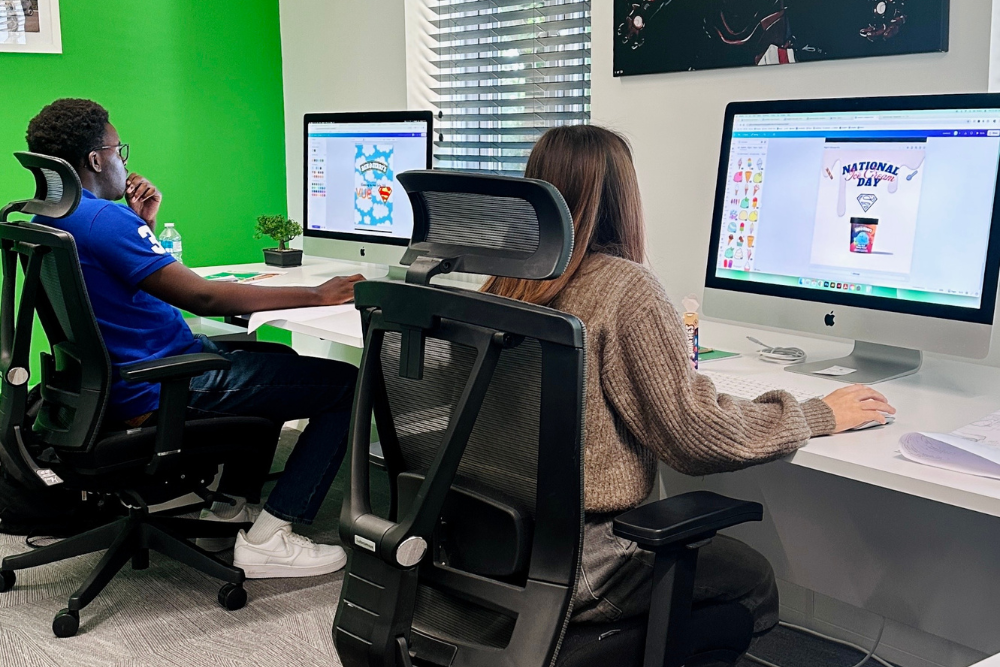The UK's markets have already taken some pretty significant hits due to the ongoing Ukraine-Russia conflict. What should investors and traders expect for the rest of the year in terms of dynamic changes in individual stocks, stock indices, commodities, and other asset classes? Fortunately, several trends have already appeared and can serve as good guideposts for trading enthusiasts. It's essential to focus on facts rather than pure speculation. However, figuring out how the rest of the year will unfold for UK markets is inherently a game of guesswork. What do you need to know before putting your money on the line? Consider the following pertinent points.
Oil is Center Stage in the Ukraine-Russia War
Investors who follow the commodities markets already know that the international petroleum situation is changing fast. Per-barrel prices have shot up from $85 to $117 since Jan. 1, 2022. Trading commodities can be an exciting activity for people who like to speculate about the next move in petroleum. You can go to https://www.avatrade.co.uk and take advantage of using CFDs (contracts for difference) to catch both rises and falls in any stock, commodity, precious metal, or other asset. That's because CFD holders do not own the underlying asset but simply earn a profit by correctly predicting the direction of prices. That makes it easy to short an entire index or the commodity of your choice.
Knowledge is an Investor's Most Prized Tool During a Crisis
It's imperative to follow current news events during times of significant military conflicts, particularly when a major power is involved. For investors and traders, it's imperative to learn how to take positions in a number of assets, including cryptocurrency, precious metals, forex, commodities, bonds, options, futures, and more. Likewise, it's wise to learn how and when to use CFDs and indices, as opposed to other instruments, like individual stock shares. It's also crucial to know what trends are having the greatest impact on the local and global economy. For example, the FTSE index recently suffered its worst five-day period in two years. Additionally, some UK-based corporations have completely suspended all trading with Russia.
Keep an Eye on Metals and British Gas
Amid fears that there could end up being an international shortage of natural gas, the price of the essential commodity in the UK climbed at a record setting level since the Russia-Ukraine conflict began, rising 53 percent in just a few weeks. The metals have been experiencing a similar round of price hikes. Note that both Russia and Ukraine are major producers and miners of several critical industrial and precious metals. That means supplies suffer a double whammy of shortages due to the two nations being at war with each other. Already, prices for aluminum, nickel, and palladium have risen significantly.
UK Prices for Corn, Wheat, and Barley Could Continue to Climb
Similar to the metal’s situation, both Russia and Ukraine are huge global suppliers of wheat. With the two nations at war, Ukraine's typical barley and corn production is expected to fall to near zero, while both nations are likely to significantly reduce wheat production. As of mid-March, UK local prices for all three grains were at all-time highs.
Study the Long-Term Effects
When the cost of energy, food, and industrial metals rises quickly, it puts UK residents in a bind. So many products and resources come from Russia and Ukraine that UK residents are almost certain to see everyday expenses rise considerably. Like many other nations, the UK is suffering from what looks to be a long bout of inflation. Currently, the rate hit a three-decade high of 5.5 percent. In all likelihood, conditions will get worse before they get better.
The Risks of a War Economy
During military conflicts, prices of commodities can rise and fall sharply within minutes. This is particularly true in the current situation. Russia is a major exporter of several critical goods, including oil, nickel, and natural gas. If Russia's leaders decide to halt production or withhold supply from the rest of the world, commodities prices could shoot up almost instantly. Fast, unexpected changes are one of the biggest drawbacks of trading and investing in a war economy.
Opportunities Abound
Learn how markets work during crises to take advantage of short and long-term price swings. Knowledge is power for investors, and volatility can be your friend. If you anticipate a move in one of the war related commodities, based on your research, consider using techniques like scalping or day trading to capture ups and downs.








